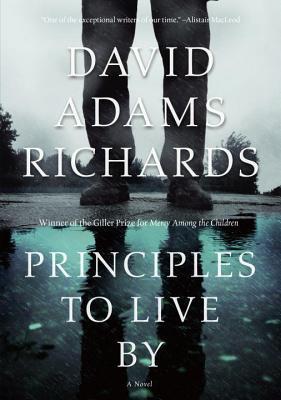What do you think?
Rate this book


336 pages, Hardcover
First published June 28, 2016
“Principles to Live By” was faded over the door of 87 Shelf Street. The residents of that house had kept foster children for seventeen years. Today, fog had come in across the bay to make all the houses gloomy. It swept toward the city that noon hour. Car lights shone bleakly, and all the trees reminded one of “The Fall of the House of Usher” by Poe.